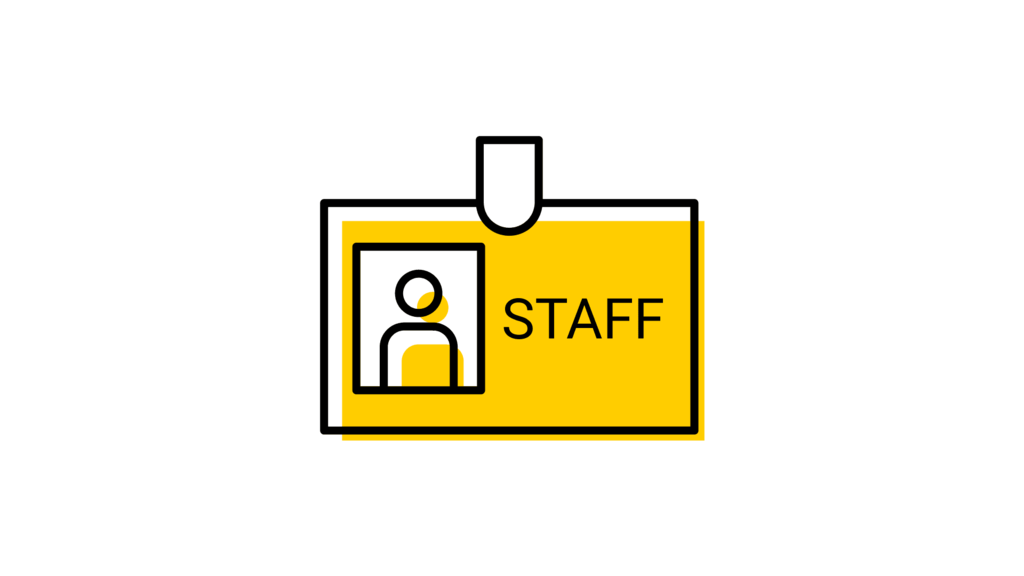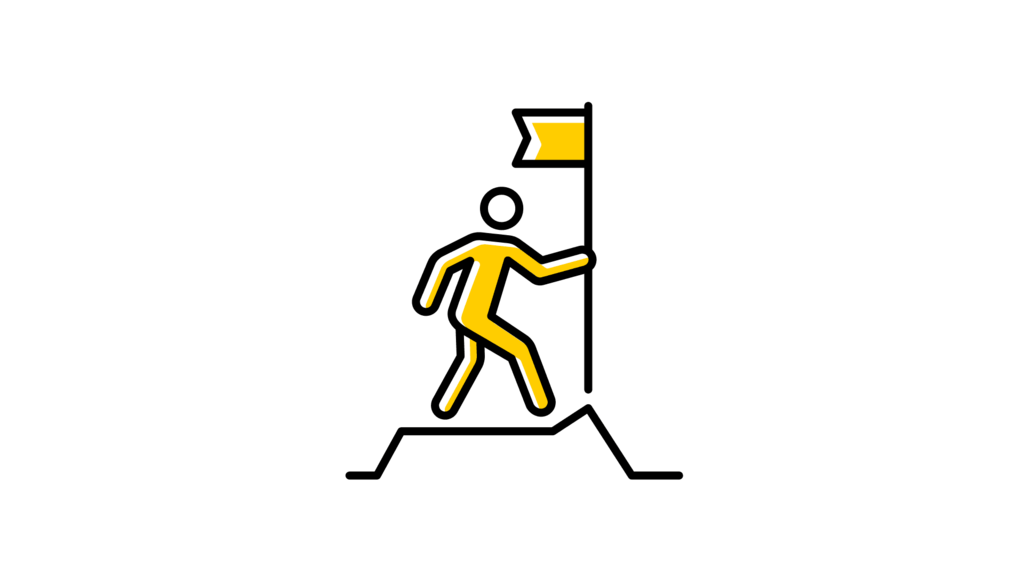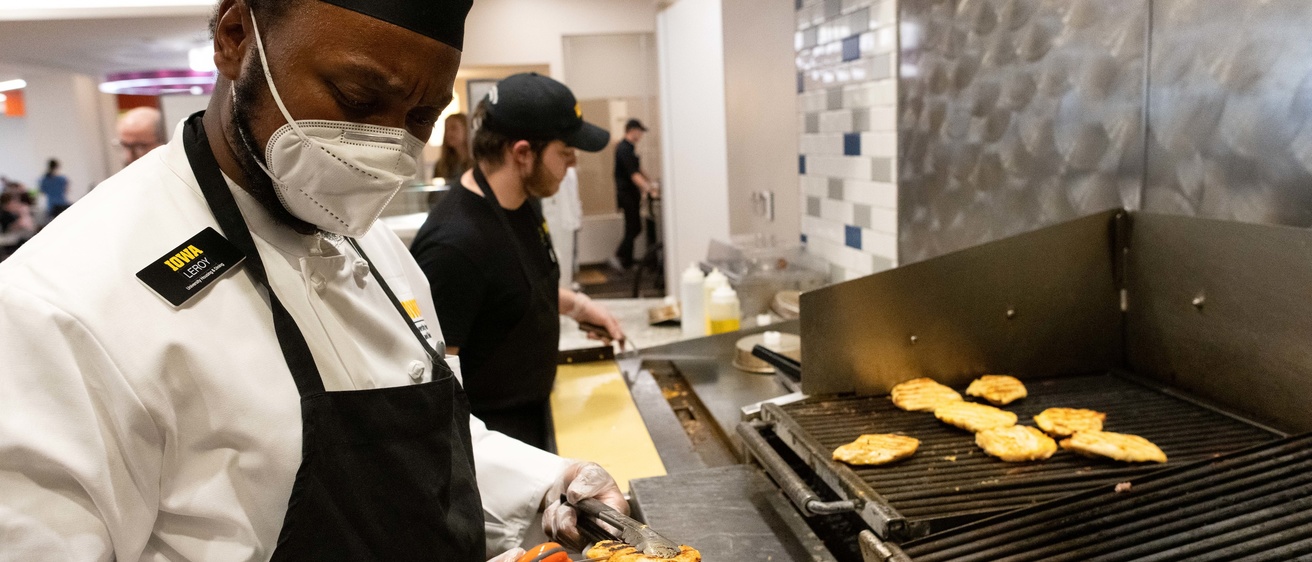In keeping with the priorities and goals of the University of Iowa (UI) Strategic Plan, University Human Resources—in collaboration with the College of Dentistry, Office of the Vice President for Research, and the Division of Student Life—is developing, piloting, and assessing initiatives to address the growing challenge of Merit staff retention.
This P3 (public-private partnership) initiative aims to enhance the employee experience for Merit staff who advance virtually all university missions, functions, and strategic priorities.
P3 funding will support short-term staffing designed to jump-start our retention initiatives. Successful programs will be evaluated and integrated into existing University Human Resources operations at the conclusion of the P3 project.
Featured Content

Merit Experience Pilot Project progresses toward retention goals in Year 1
Implementation Plan and Timeline
Year 1
Recruit and hire short-term project staff. Develop Merit-specific orientation and program materials. Develop unit-level onboarding strategies and resources. Develop supervisor training modules. Identify and initiate coaching for supervisor cohort. Develop options for peer mentoring and/or career-pathway information. Draft complete project assessment plan.
Year 2
Hold new round of focus groups with participating Merit staff and supervisors. Complete initial assessments of orientation/onboarding, supervisor training/coaching, and mentoring/pathway programs. Modify programs as needed based on initial assessment findings.
Year 3
Complete follow-up assessments of orientation/onboarding, supervisor training/coaching, and mentoring/pathway programs. Conduct initial survey of turnover and related metrics. Identify specific programs with long-term potential. Integrate promising programs into permanent UHR operations. Roll out programs to additional units with high numbers of Merit staff.
Scope of Work
Project partners will implement and evaluate initiatives with three pilot groups that show higher-than-average turnover compared to campus as a whole or show turnover rates that are trending higher.
Goals and Objectives
Our three initiatives focus on common concerns about culture, supervision, training, and other issues raised by Merit employees in focus groups and other venues. These initiatives adopt practices supported by human resources research and complement separate projects to improve Merit pay.

Initiative 1: Enhanced Onboarding
New orientation and unit-level onboarding programs created especially for Merit hires will provide consistent introductions to working at Iowa, clarify job duties and expectations, and increase supervisor feedback.
Research on effective onboarding for employees underscores the value of belonging. This initiative emphasizes how each of us impacts the university and shares in its success.
Orientation programs may feature:
- Centrally provided in-person orientation sessions specific to Merit employees
- Assistance with benefit selections, payroll forms, and other needs (e.g., parking, transit schedules)
- Review of discounts, family services, and other sometimes-overlooked benefits
- Promotion of well-being programs and work/life resources
- Enhanced materials emphasizing visual and multilingual information

Initiative 2: Merit Supervisor Training
Expanded training for supervisors of Merit staff addresses priorities like communication, conflict management, rewards and recognition, and team building through a Merit-specific lens.
Merit staff feedback and HR literature stress the need to develop more effective supervisors. Leaders must be equipped to set expectations, resolve differences, and proactively address concerns from staff at risk of leaving.
Unit-specific training will be tailored to local needs. Training components may include:
- Expanded online training modules on key topics like conflict management and effective feedback
- Cohort-based learning sessions for Merit supervisors
- Emphasis on culture building, including considerations for non-native English speakers

Initiative 3: Peer Mentor or Pathway Programs
Our final initiative matches new Merit hires with peer mentors and/or clarifies options for professional development and advancement. We will develop and test flexible options that recognize individual unit needs.
Pilot groups may choose between peer mentor or navigator programs that match new hires with trusted colleagues who can listen and offer support, or programs that define professional paths for new hires.
These options recognize findings from HR research and focus group feedback. Specific programs may include:
- Recruitment of experienced Merit mentors as a stretch assignment or career opportunity
- Training and administrative differential pay for mentors
- Pathway models that define professional development needs and potential barriers to advancement
- Individualized development plans
